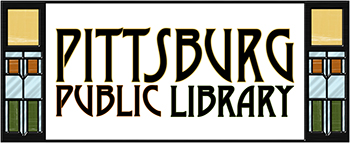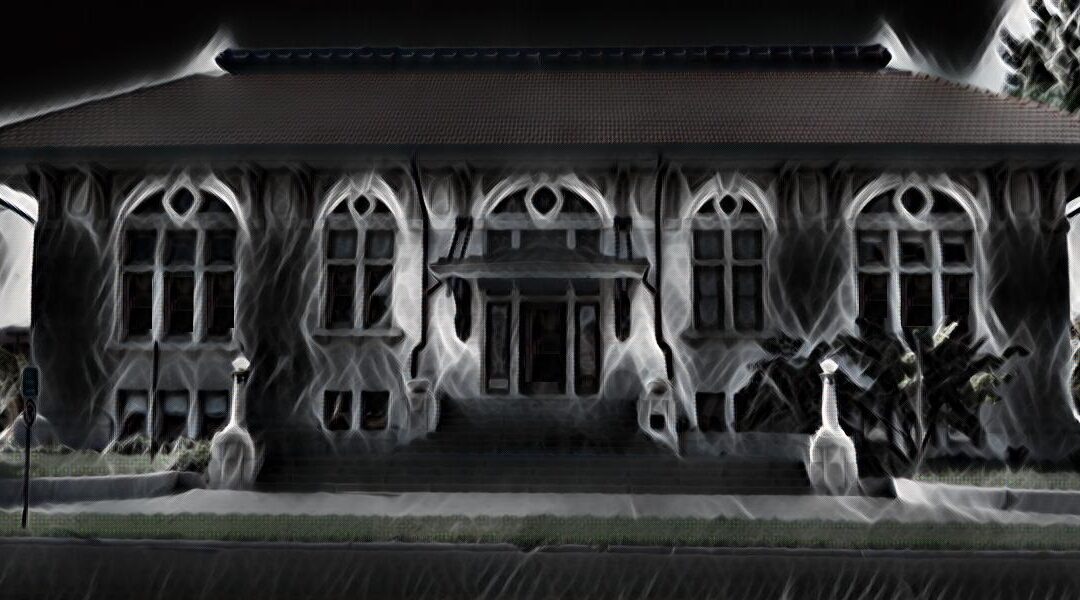At this time of year, everyone seems to have a story suited to the Halloween season. This is mine.
I’d been working for almost a year at the public library when I first learned of its history. Early in the 20th century, during the coal boom, the town was still new with wooden sidewalks, saloons, churches, schools, and a library in the city courthouse. Mining had generally been good to the city and it grew with the might of freight trains. A priest and a lawyer, Pompeney and Cligett, decided it was time to build a newer, larger library.
Now you have to realize that mining had been going on for years so the ground underneath much of the city had been mined out. Mining isn’t a safe job by any means and many workers had given their lives to free the coal. In fact, the site of the new building was just three blocks from the original shaft entrance built in the 1870’s.
Even in 1910, new buildings cost a lot of money so the library board asked for funds from Carnegie, the steel baron, who had once ordered a massacre of striking union members some 20 years earlier. Well, when that news got out, the miners, being of the union bent, gathered up a giant mob and went to the building site to defend the memory of those men and demand the money be sent back. The powers that be broke up the crowd and as they dispersed, an elderly woman was heard to cry out, “a death’s head will be in every window of this library and the walls will cry in sorrow if you take his blood-stained money!”
Some things are just hard to believe but well, this is what people said happened that very night. The library board president, that Cligett fellow, had a dream in which the bodies of dead miners buried in the tunnels under the south side of the building rose up and told him that the name Carnegie should never rest upon the walls. The man was quite shaken by his dream and despite the late hour, ran to the new building to give it a good looking over.
He went inside to discover the south wall was wet. Water began streaming down and as he tried to stop it, he noticed it was salty. At the same time he heard what sounded like women wailing and he ran outside to see what was happening. And there he saw a mass of pale, almost transparent figures, all crying in unison, and pointing to a name all too familiar to him etched in the ground. As he looked back at the building he saw faces in the windows, mocking him. The sight of all that was too much for him and he took off to his house. The next day he ordered that Carnegie’s name never be placed anywhere on the building, just the words “Public Library” over the front door.
Well, when I began at the library some 80 years later, the building had just been renovated and an addition built on. Just days before the dedication, a dark cloud fell over the city as a big thunderstorm moved in. That’s when I noticed a plaque with a quote by Carnegie had just been installed in the new front entry.
Despite the loud thunder and lightning, I went about my usual business of shelving books when I looked up to see water running down the original south wall. It almost looked like the walls were weeping. I’d never seen anything like it before—or since—but it was almost like some curse had been fulfilled, maybe awakening something that had lain dormant in the mines all these years.
Now most folks said that it was only the storm but I’ll tell you this: when the architects and builders were called to come fix the roof, they looked everywhere but instead of a leak they found a number of damp handkerchiefs next to a salty residue along the attic’s south wall.

